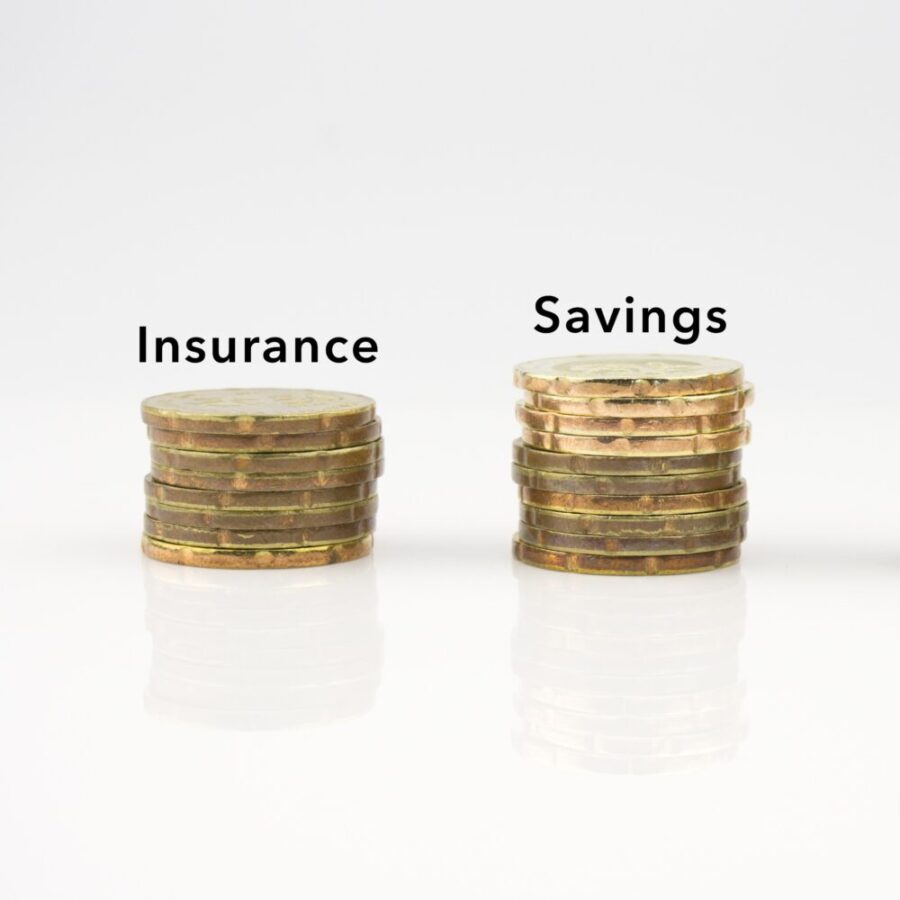12 Money-Saving Myths That Could Actually Cost You More

Many believe frugality always leads to financial security, but that isn’t always true. Common money-saving myths can often lead to greater expenses. Being aware of these misconceptions can help you make smarter financial choices. Let’s debunk some prevalent myths to ensure you save money effectively.
Myth 1: Buying in Bulk Always Saves Money

Buying in bulk can sometimes lead to unnecessary expenses. Items with short shelf lives often spoil before being used, leading to waste. Additionally, the initial investment can strain your budget if not carefully planned. Evaluating whether bulk purchases align with your actual consumption patterns is crucial, as that determines whether it’s genuinely the best approach.
Myth 2: Credit Cards Are Bad for Your Finances

Credit cards, when used responsibly, can be a valuable financial tool. They offer rewards, protection, and convenience that cash doesn’t provide. The key is to pay off balances in full each month to avoid interest charges. Misusing credit cards, however, can lead to debt and financial stress.
Myth 3: DIY Repairs Save You Money

While do-it-yourself repairs can sometimes cut costs, they can also backfire. Without proper skills or tools, you might worsen the problem, leading to higher repair costs. Hiring professionals for complex issues often saves money in the long run, and many offer warranties on their work, giving you long-term peace of mind.
Myth 4: Cheaper Products Are Always a Better Deal

When choosing a product, it’s essential to consider the total cost of ownership. Opting for the cheapest option can lead to higher costs over time. Low-priced products often lack quality and durability, requiring frequent replacements. Essentially, investing in higher-quality items can provide better value and long-term savings.
Myth 5: Cutting Out All Luxuries Is Necessary

Eliminating all non-essential spending can lead to burnout and dissatisfaction. In reality, moderation and budgeting for occasional treats can help maintain financial health without sacrificing enjoyment. A sound approach ensures sustainable financial habits. It’s about finding a healthy balance between saving and spending.
Myth 6: All Coupons and Discounts Are Worth Using

While strategically using coupons is key to effective savings, not all coupons and discounts lead to genuine savings. Sometimes, they encourage unnecessary purchases or tempt you into buying items you wouldn’t otherwise consider. It’s crucial to evaluate whether the discount aligns with your needs first.
Myth 7: Paying Off Debt Early Always Saves Money

While paying off debt early can reduce interest payments, it’s not always the best financial move. If you have low-interest debt and high-interest investments, it might be better to invest your money instead. Additionally, early repayment penalties on some loans can negate the benefits.
Myth 8: Skipping Regular Maintenance Saves Money

Neglecting regular maintenance on items like cars, homes, and appliances can lead to costly repairs or replacements. Routine upkeep ensures longevity and efficiency, preventing expensive breakdowns. Investing in maintenance is a proactive way to save money, and it’s an essential aspect of responsible ownership.
Myth 9: Renting Is Always Cheaper Than Buying

Renting is sometimes more expensive in the long run than buying. Homeownership builds equity and can provide financial stability. Evaluating your long-term goals and financial situation helps determine the best option, as each choice has unique benefits and costs.
Myth 10: Skipping Insurance Saves Money

Forgoing insurance to save money is a risky strategy. Without proper coverage, unexpected events like medical emergencies, accidents, or natural disasters can lead to significant financial burdens, as the cost of dealing with such situations out-of-pocket often far exceeds the cost of insurance premiums. Investing in adequate insurance coverage is crucial to financial planning and protection.
Myth 11: Extended Warranties Are Always Worth It

Extended warranties can be a waste of money, especially for reliable products. The cost of the warranty often exceeds the potential repair savings. Understanding the product’s reliability and the terms of the warranty is crucial. Sometimes, it’s better to save the money you would spend on an extended warranty.
Myth 12: Free Services Always Save Money

Free services sometimes come with hidden costs, such as lower quality or limited functionality. Investing in premium services can provide better value and efficiency. Evaluating the true cost of free services ensures you’re not sacrificing essential features. Always consider the trade-offs before opting for free.
Watch Out for Money-Saving Myths!

Understanding the pitfalls of common money-saving myths can lead to smarter financial decisions. It’s crucial to analyze the long-term impact of seemingly frugal choices. Being informed helps you avoid hidden costs, ensuring you achieve genuine savings.
Read More:
13 Major Causes of Financial Troubles for the Majority of Americans
Giving Up These 12 Conveniences Can Save You Thousands of Dollars Per Year
Catherine is a tech-savvy writer who has focused on the personal finance space for more than eight years. She has a Bachelor’s in Information Technology and enjoys showcasing how tech can simplify everyday personal finance tasks like budgeting, spending tracking, and planning for the future. Additionally, she’s explored the ins and outs of the world of side hustles and loves to share what she’s learned along the way. When she’s not working, you can find her relaxing at home in the Pacific Northwest with her two cats or enjoying a cup of coffee at her neighborhood cafe.




